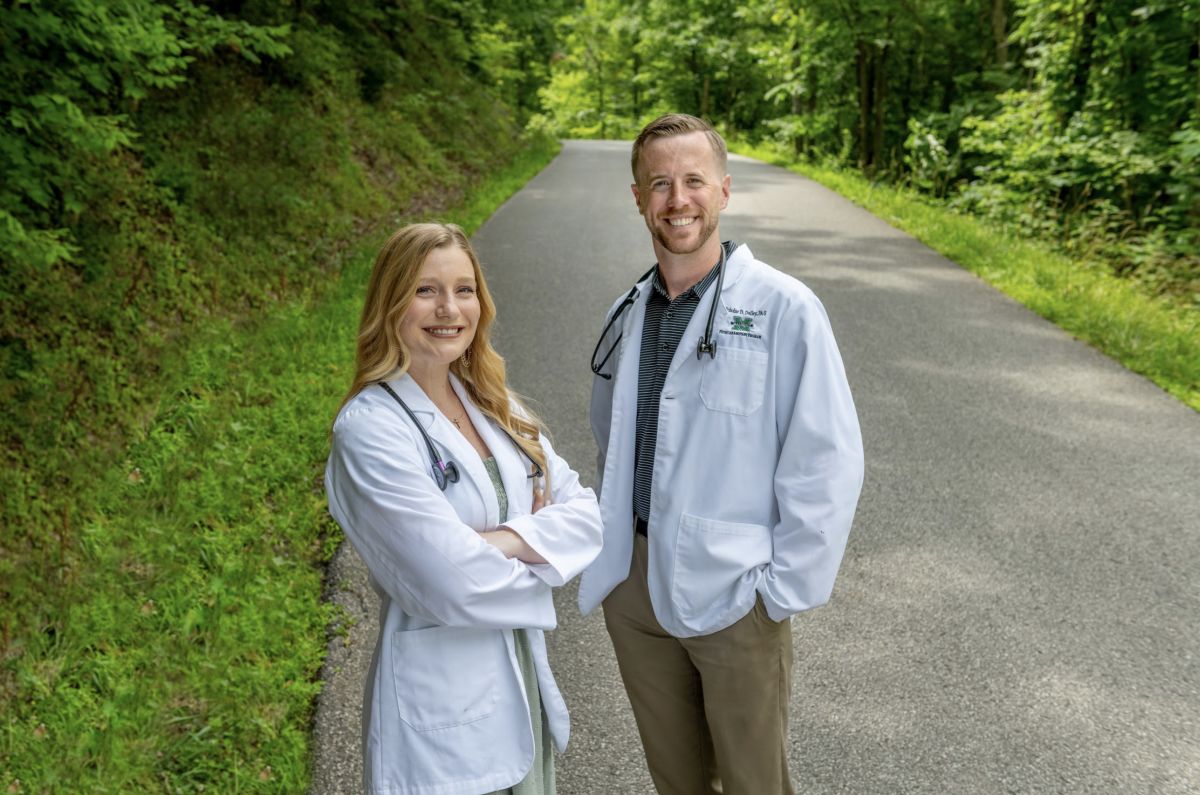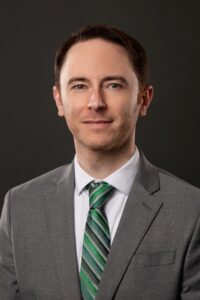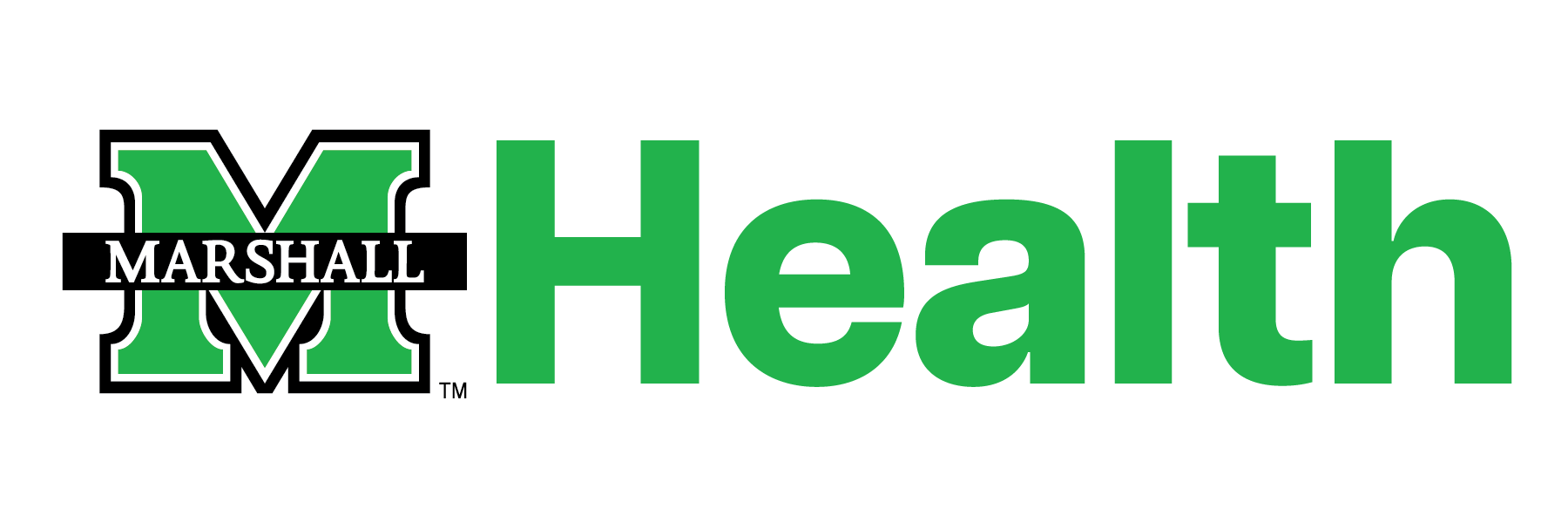Advocates for Access
Marshall University’s Physician Assistant program has nurtured a cadre of skilled healers, many of whom are practicing across West Virginia and the Tri-State. Armed with stethoscopes and compassion, these alumni fan out across the region, bridging gaps in health care access.

When prospective students interview for Marshall University’s Physician Assistant (PA) program, they’re asked the question, “Why Marshall?” Their answers, shaped by diverse backgrounds and experiences, tend to vary.

“Many of them talk about the small class size and the open-door policy of our faculty, and of course they’re familiar with the strong reputation of the university and the School of Medicine,” said Ben Spurlock, MS, PA-C, interim director and principal faculty/assistant professor. “But for most students, it’s our mission that they really gravitate toward. The opportunity to provide care in rural underserved areas — that’s what resonates with them.”
Graduates of Marshall’s PA program earn a Master of Medical Science and are equipped to evaluate, diagnose and manage patients, in both primary and specialty care, across all stages of life. They are prepared to practice in every medical setting, from hospitals and surgery centers to outpatient clinics and nursing homes.
“It’s a dynamic field that thrives on diversity,” Spurlock said. “But, if there’s a commonality among all our graduates, it’s a desire to help people.”
That certainly rings true for alumni practicing in underserved areas of West Virginia and neighboring regions. Stepping into these critical roles, they’re not only bridging gaps in health care access but also fostering stronger, healthier communities in areas that need them most.
Mary Grace (Workman) Smiley (’23), MMS, PA-C, is a physician assistant in hospitalist medicine at Holzer Health System in Gallipolis, Ohio, across the Ohio River from her hometown of Point Pleasant, West Virginia. She said practicing in the area where she grew up has opened her eyes to just how much her community needs accessible and compassionate health care.
“It has been both eye-opening and heartbreaking,” said Smiley, who was a member of the PA program’s inaugural class. “But being able to come back and serve people within this community has meant a lot to me. The biggest compliment is when a patient thanks me just for listening, or when a patient tells me, ‘You’re the first person who ever took me seriously.’”
Smiley was an undergraduate biology student at Marshall when she began to consider the physician assistant path.
“I thought my only options were to be a nurse or doctor, and I didn’t really want to be either. But I was interested in medicine as a whole — the science behind it and the patient interaction aspect of it. I wanted to do the investigative work it takes to diagnose a patient, interpret lab results and imaging and come up with a plan.”
Smiley found her ideal fit in the PA role.
“PAs work collaboratively with physicians, and I like that,” she said. “I like being able to bounce questions and ideas off the physician I’m working with.”
Smiley’s connection to Marshall runs deep, with much of her family also having graduated from the university. When she learned Marshall was preparing to launch a PA program, the decision to apply came easy.
Her answer to the “Why Marshall?” question during her admissions interview was simply, “Why not?”
“It wasn’t a very professional answer,” she said, laughing. “But it was a true answer — I loved my undergraduate experience, and I had my heart set on Marshall.”
The PA field would become a family affair, it turns out. Smiley met her husband, Matt Smiley (’24), while they were both PA students; Matt currently practices in cardiology at Rivers Health in Point Pleasant.
When Nick Dailey (’23), MS, MMS, LAT, ATC, PA-C, first learned Marshall was launching a PA program, he was working as head athletic trainer at Cabell Midland High School — a dream job for the sports-oriented Ona, West Virginia, native. But it wasn’t until Dailey had married and moved away from the area that he began to seriously consider a career switch.
“I had toyed with it on and off,” he said. “But I finally decided to go all in. I poured everything into getting into the PA program at Marshall.”
Like Smiley, Dailey was a member of the program’s inaugural class.
“There was definitely an excitement to it,” he said. “We were the first. The program pulled out all the stops to make sure our education was one that would set us up for success.”
He said the program’s affiliation with the School of Medicine offered “a rich exposure to the greater health care system,” through hands-on experience and intraprofessional projects that continue to benefit his career today. For Dailey, who now practices in internal medicine and family medicine at CAMC Greenbrier Valley Medical Center in Lewisburg, staying in West Virginia was always the plan.
“There’s been a sharp and steady decrease in primary care providers over the years, especially in rural parts of the state,” he said. “We just don’t have enough supply to meet the demand. But advanced practice providers are bridging some of that gap, and I’m proud to be a part of that.”
He said the rewards of his work are evident every day, whether it’s helping a patient manage their cholesterol or blood pressure or providing hope in a situation that previously seemed hopeless.
The day-to-day reward is when you see a patient who truly receives what you have to offer them,” he said. “I’ve also, unfortunately, discovered a few instances of cancer and have been the first one to break that news. But being there in that moment for patients and helping them get on the path to treatment is something I don’t take for granted.”
Spurlock said Smiley, Dailey and the many other PA graduates who’ve chosen to stay in the region exemplify what it means to serve the community you love while meeting its most critical needs.
“They are great examples of the kinds of students whose dreams we are fortunate enough to help facilitate,” he said.
This story was published in the 2024/2025 edition of MarshallMedicine magazine. Read the complete issue here.
